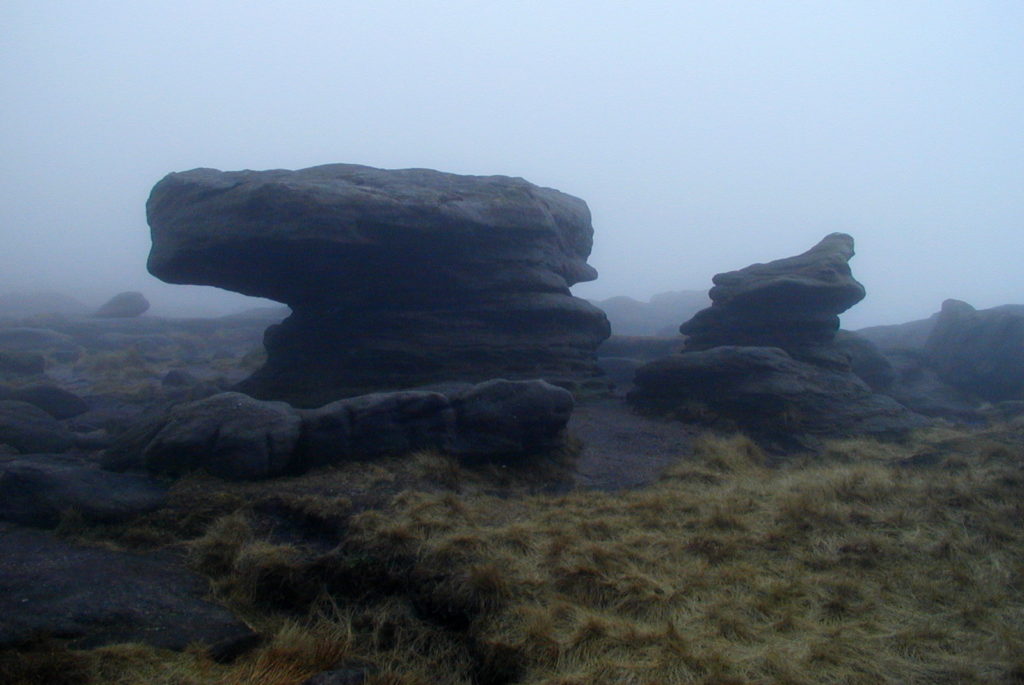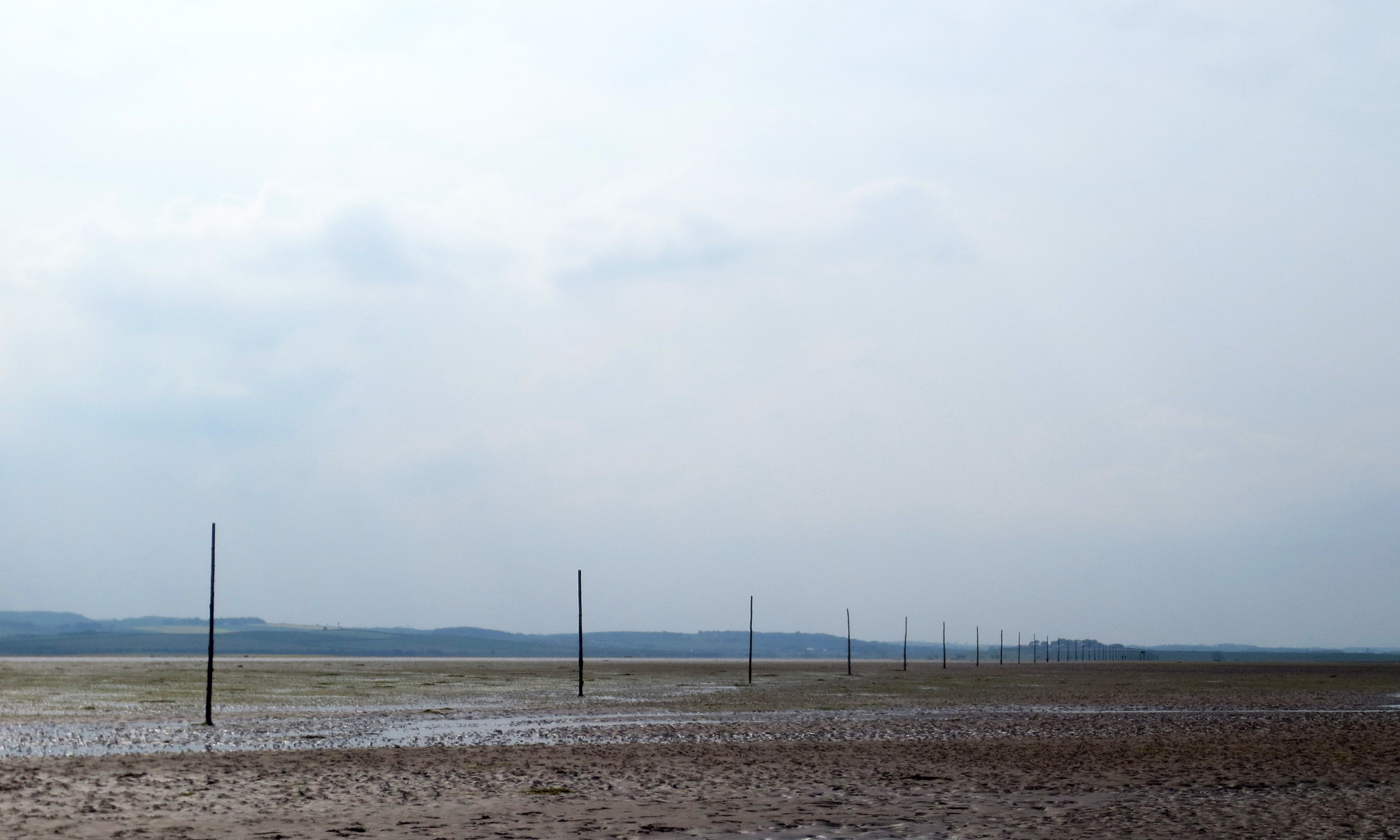The Lectionary passages for next Sunday begin with the story of Jacob’s Ladder. Now another Jacob’s Ladder, as many people know, is part of the uphill which begins the Pennine Way, from Edale to Kinder Scout. ISTR the route used to be Grinds Brook, which was a bit scrambly for my taste.
Jacob recalls his dream, and declares that God is in that place. How convenient for those who assembled the OT scriptures that this experience of God was accompanied by the promise of an inheritance – the land. I could be cynical about this, but however you spin it, I’m left with the question, how do we know God is in the place or that place? Is it enough to have a dream that serves our dynastic ambitions? Is it enough to have a feeling? I have walked up the Derbyshire Jacob’s Ladder and wandered around that almost alien landscape of Kinder, with the mist coming and going, and felt, God is in this place. But is God really in that place in any sense that he wouldn’t be in any other place, like our street, or Golgotha? Kinder feels natural, unpeopled, unruined by human actions. But it’s not like that. The moors in general are managed land. And there is evidence in the darkening of the rocks for the past sooty/acidic excesses of Sheffield and Manchester. And God, in some sense – if only in suffering – but I would add love and inspiration and more – is also present in human life.
Even though I am now much more one for the flat walking, I still sometimes feel the power of the high places, and if I’m alone I might even launch into a verse or two of a Psalm-based hymn. I know it’s only a feeling. I know God doesn’t live in these places to the exclusion of more humdrum places. But knowing it’s only a feeling, can I nevertheless knowingly and thankfully accept the inspiration and energy these experiences give me?

The Gospel reading also mentions angels. It might be interesting sometime to know how the meaning of that word has changed over time, and that’s just the English version, let alone Hebrew or Greek. The reading is the story of the wheat and the weeds. You don’t know which is which until they have borne fruit – in the human case – had an impact on the world. Sometimes my morning walks take me along the Longdendale Trail. Since May half term, the way has been decorated with some beautifully painted creatures made out of stones – something to entertain families out in the open. But vandals or maybe equestrians have struck, and degraded the displays. The head has been removed from the snail. I used to know someone who told me that when he was young his mates would feed calcium carbide to pigeons, so that the water in the pigeons’ digestion would react with the chemical and make acetylene, causing them to explode. It is said that cruelty to animals when young is something of a predictor of violent behaviour in later life. Childhood deprivation and family stresses make people more likely to offend in later life. Some of these factors can be measured. Would it then be more efficient for the justice system to concentrate of these people? No way – you can’t do that – it’s against their basic human rights to discriminate in this way. Also you don’t know what’s going to happen until it actually happens, which is why it connects to that story about the wheat and the weeds. Also if deprivation leads to criminality sometimes, why not just fix the deprivation instead of p***ing away our national resources on stamp duty holidays for the rich?
